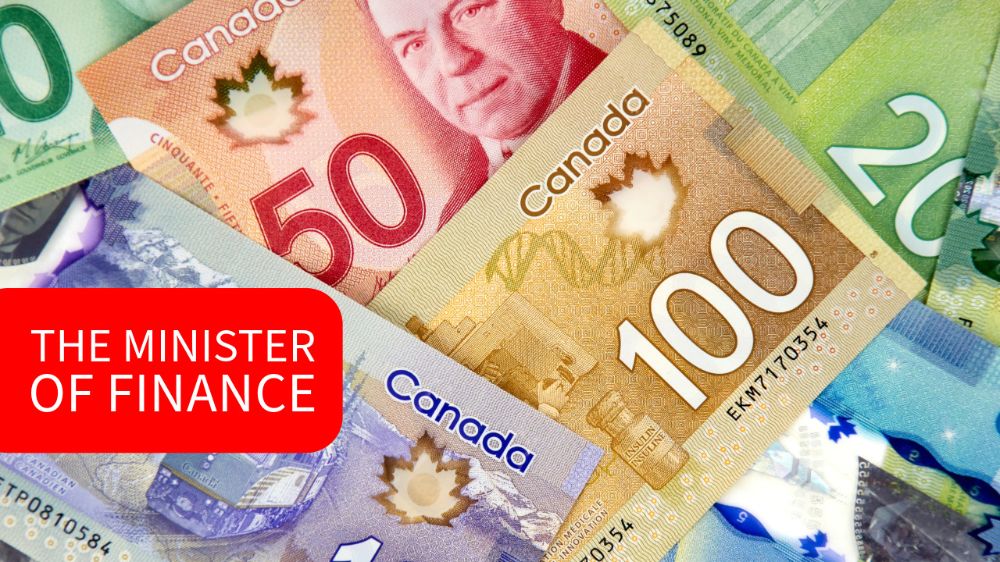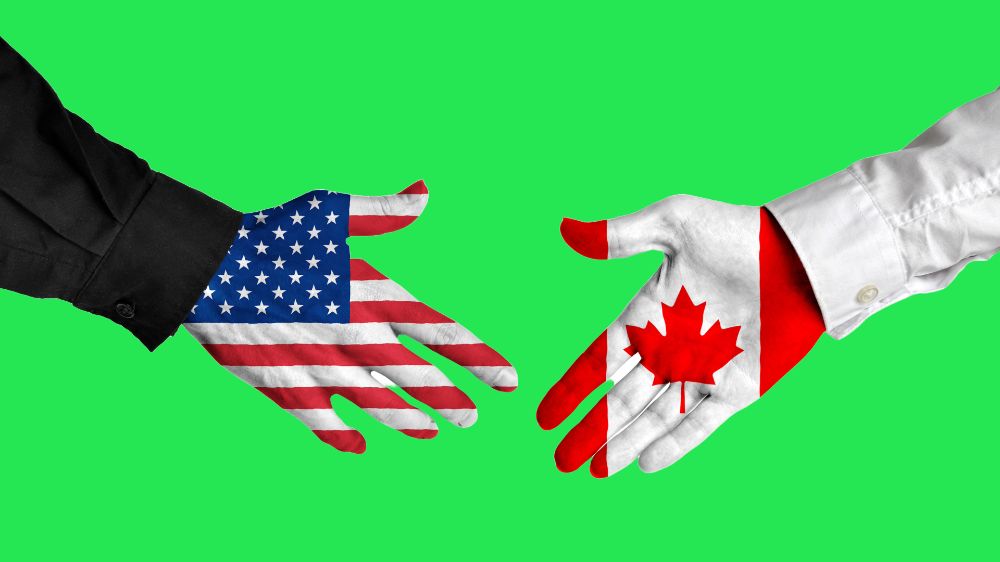In Canada, What Does the Minister of Finance Do?

Today, Chrystia Freeland, the Minister of Finance resigned from Trudeau’s cabinet. Since I have tariffs on the brain, it got me thinking, “What does the minister of Finance do?” For anyone else who wants to know, here’s how Canada’s department of finance describe the duites of the role:
The Department's responsibilities include the following:
- Preparing the federal budget and the Update of Economic and Fiscal Projections;
- Preparing the Annual Financial Report of the Government of Canada and, in cooperation with the Treasury Board of Canada Secretariat and the Receiver General for Canada, the Public Accounts of Canada;
- Developing tax and tariff policy and legislation;
- Managing federal borrowing on financial markets;
- Designing and administering major transfers of federal funds to the provinces and territories;
- Developing financial sector policy and legislation; and
- Representing Canada in various international financial institutions and groups.
However, the minister of Finance’s role is not as simple as the above description. The minister of finance is involved in everything in Canada that has to do with money, which is a lot! The Minister of Finance is also an adviser to the Prime Minister. The current Minister of Finance is also the Deputy Prime Minister which makes sense due to the regularity with which these two ministers need to speak to each other.
Here is a more detailed look at what the Minister of Finance does on a day to day basis.
1. Budget Planning and Management
- The Minister of Finance is responsible for preparing and presenting the federal budget each year. This includes outlining government spending priorities, projecting revenues, and setting fiscal policy (e.g., taxation levels, deficits, and debt management).
- The Minister ensures that government finances are managed efficiently and that public money is spent in accordance with priorities.
2. Fiscal and Economic Policy
- The Minister plays a major role in setting overall fiscal policy, which involves deciding how much the government will spend, how it will raise revenue (through taxes or other means), and how it will manage the national debt.
- The Minister also advises the Prime Minister and Cabinet on economic policies and strategies for growth, investment, employment, and competitiveness.
3. Taxation
- The Minister of Finance has significant influence over tax policy, including setting tax rates, introducing new taxes, or reforming existing tax laws. This can include personal income taxes, corporate taxes, sales taxes (such as the Goods and Services Tax, GST), and duties on certain goods.
- The Minister is also responsible for managing the implementation of tax policies to ensure compliance and effectiveness.
4. Economic Advising
- The Minister advises the government on a range of economic issues, including the state of the economy, inflation rates, employment levels, and international trade.
- This includes collaborating with other ministers and agencies to develop policies that address the country’s economic challenges (e.g., economic recessions or growth opportunities).
5. Public Debt Management
- The Minister oversees the management of Canada's public debt, ensuring that borrowing is done at sustainable levels and that the cost of servicing the debt remains manageable.
- This includes issuing bonds and other debt instruments to raise funds for the government's operations.
6. Financial Institutions and Regulatory Oversight
- The Minister is responsible for ensuring that Canada's financial system is stable and well-regulated. This includes overseeing financial institutions such as banks, insurance companies, pension funds, and investment firms.
- The Minister works with regulatory bodies like the Office of the Superintendent of Financial Institutions (OSFI) to maintain the integrity and stability of Canada's financial system.
7. Trade and International Relations
- The Minister of Finance often represents Canada in international financial institutions like the International Monetary Fund (IMF), the World Bank, and the G7 or G20 summits. They discuss global economic issues and negotiate on Canada's behalf in financial and trade matters.
8. Economic Stimulus and Recovery
- During periods of economic downturn or crises (such as the COVID-19 pandemic), the Minister of Finance plays a pivotal role in crafting economic stimulus measures to support businesses, individuals, and the economy as a whole.
9. Policy Coordination
- The Minister coordinates with other Cabinet ministers on economic initiatives and government-wide strategies that affect Canada's economy, including those related to infrastructure, labor markets, and social welfare programs.
10. Legislation and Legal Framework
- The Minister also works to draft and propose legislation relating to finance, taxation, and economic policy. This includes presenting bills to Parliament, advocating for policy changes, and ensuring compliance with the Financial Administration Act and other relevant laws.
As you can see, it’s a big job. The Minister of Finance is a key figure in managing Canada’s economic policies who ensures that the country’s economic environment remains stable and competitive on the global stage.
PDF of The 67 American Products to Boycott If Tariffs Against Canada Are Implemented
How to Boycott 67 US Products to Combat Tariffs Against Canada
How To Replace 67 American Products You Use With Canadian Products

